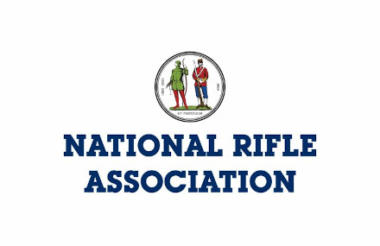The National Rifle Association (NRA) acted outside its charitable objects by promoting civilian recreational shooting competitions at Bisley, among other activities, the Charity Commission has said.
Last week the regulator announced the findings from a compliance case and outlined the steps the charity needs to take to improve its governance.
Gun clubs were historically registered as charities on the grounds that teaching people skills of accurate shooting could be considered as a charitable purpose for the defence of the realm. But in the mid-1990s this was reviewed and the Commission concluded that training civilians in shooting could no longer be considered to promote the defence of the realm for the public benefit and many gun clubs were removed from the register.
The Commission said it “considers that there is only the most tenuous, if any, connection between civilian recreational rifle and pistol shooting and the NRA’s charitable purpose of promoting the efficiency of the Armed Forces for the defence of the realm”.
Data for the financial year ending 31 December 2018 puts the NRA's income at £6.2m.
The regulator has issued the trustees with a formal action plan under section 15(2) of the Charities Act.
The trustees must now report to the Commission quarterly on whether participants in its marksmanship events are a member of the military, police or other emergency services, a former member of the military, police or other emergency services or a member of the cadet force.
They must monitor the figures and measure whether their activities further the charity’s purpose and if the results show little involvement of the military, emergency services or members of the cadet forces, the Commission expects the trustees “to take appropriate action”.
Relationship with trading subsidiary 'below standards'
The Commission also found that how the charity was managing its relationship with its wholly owned trading subsidiary, the National Shooting Centre (NSC), fell below standards.
Although a charity can generate funds through a trading subsidiary, it must be managed so that the charity remains focused on furthering its charitable objectives. The Commission found that it was not clear to members of the charity or the public how the two organisations were separate and independent, due to the overlapping activities.
It was also unclear how conflicts of interest and loyalty were managed as the charity’s chief executive was the NSC’s only director and decision-maker.
In response to formal advice from the Commission, the charity has taken steps to ensure separation and independence of the two organisations, including by appointing an independent director of the NSC.
The Commission said that the NRA has made progress in addressing issues, but that it remains “subject to close scrutiny” by the regulator due to the seriousness of this issue.
NRA's response
In a statement the NRA's trustees said they were in the process of updating its materials to comply with the Commission's guidelines to make the distinction between the NRA and the NSC clear.
It said: “The trustees appreciate the help and advice that they have received from the Charity Commission on these issues and feel strongly that the NRA is in a better position for the future having implemented the action plan.”
|
Related Articles












